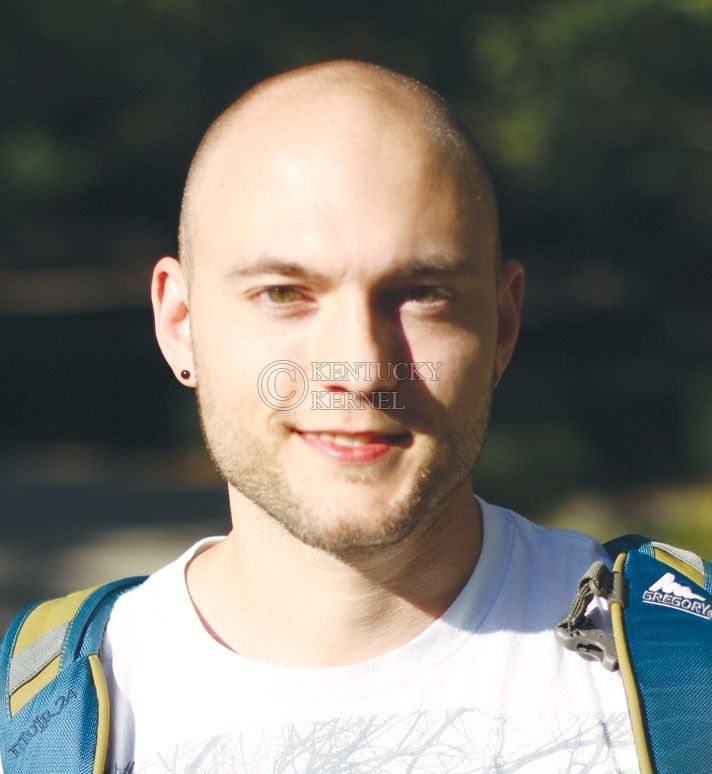Nonreligious students start alliance
October 12, 2011
A new secular organization on campus is looking to prove one point.
You can be good without God.
The UK Secular Student Alliance formed in late August, and members want to provide nonreligious students a social community and change common misconceptions about atheism, agnosticism and other nonreligious beliefs.
Those tasks are proving easier than expected.
The group has gained more members than it predicted, and feedback has been mostly positive, said Ben Augustine, the alliance’s president. About 25 students attended its most recent meeting, and more than 100 people have “liked” its Facebook page.
Augustine, a 29-year-old statistics graduate student and atheist, said the group is still in an organizational phase, something they are putting a lot of effort into. Two other similar secular groups previously attempted to organize but fizzled out after a semester, he said.
“I think there is a saying that goes ‘Organizing atheists is like herding cats,’” he said.
Many atheists do not see the need to participate in organizations, Augustine said. But for many students, his group addresses a need for this type of venue.
The chapter is but one in a growing number of secular and nonreligious student organizations on college campuses.
The Secular Student Alliance national organization reported skyrocketing growth over the past five years. Since 2006, the organization has seen a 420 percent increase in chapters, with more than 260 across the U.S., according to an article in The Huffington Post.
Murray State University, Eastern Kentucky University and the University of Louisville also have SSA chapters.
The growth is representative of a larger trend. The number of American adults who identify themselves as nonreligious nearly doubled from 1990 with 8 percent, to 2008 with 15 percent, according to the U.S. Census Bureau.
Adults who identify themselves as Christians decreased 10 percent in the same time frame, from 86 to 76 percent, according to the census data.
“Religion provides community. If you aren’t going to church, you are losing a social outlet. We’re looking to provide a similar social outlet without the religious belief,” Augustine said.
Family science senior Bridgett Lyall said the group is a good support group for her. Lyall grew up in Hodgenville, Ky., in a nondenominational household.
While she began to identify as an atheist more than two years ago, she waited to tell her family until she was absolutely certain of her beliefs. Her parents cried after she told them seven months ago, that she was not a Christian, she said.
“My dad said he blamed himself for talking about philosophical things with me,” Lyall said. “I assured him it was all me, and I just wanted to discover different things.”
The nonreligious have a negative stereotype in the broader community, Augustine said, and many students come from smaller communities with hardly any other nonreligious people. “It’s very comforting that there are other people out there that have been through the same thing,” Lyall said.
The group also plans to focus on education and promoting tolerance through education. They want others to know that nonbelievers can lead fulfilling and moral lives without supernatural guidance.
Plans are in place to host discussions and bring speakers to campus. The group also recently set up a table outside White Hall to spread awareness of the alliance.
Augustine and other members said the group isn’t recruiting or trying to convert students to atheism. Instead, they are focused on inviting and accommodating those who are already nonreligious into the organization.
“As soon as someone finds out you are atheist or agnostic, you’re automatically a heathen,” Lyall said. “It’s not true. We’re still good people.”


























































































































































